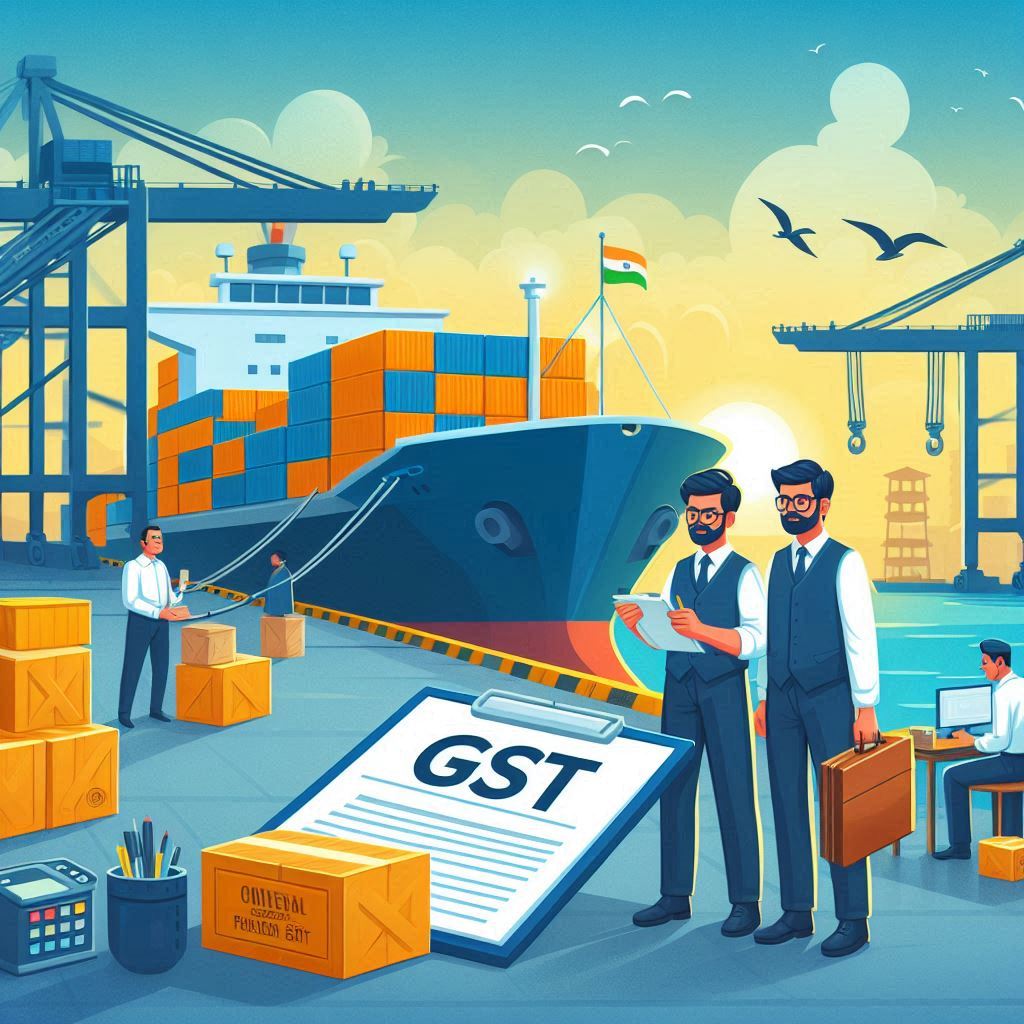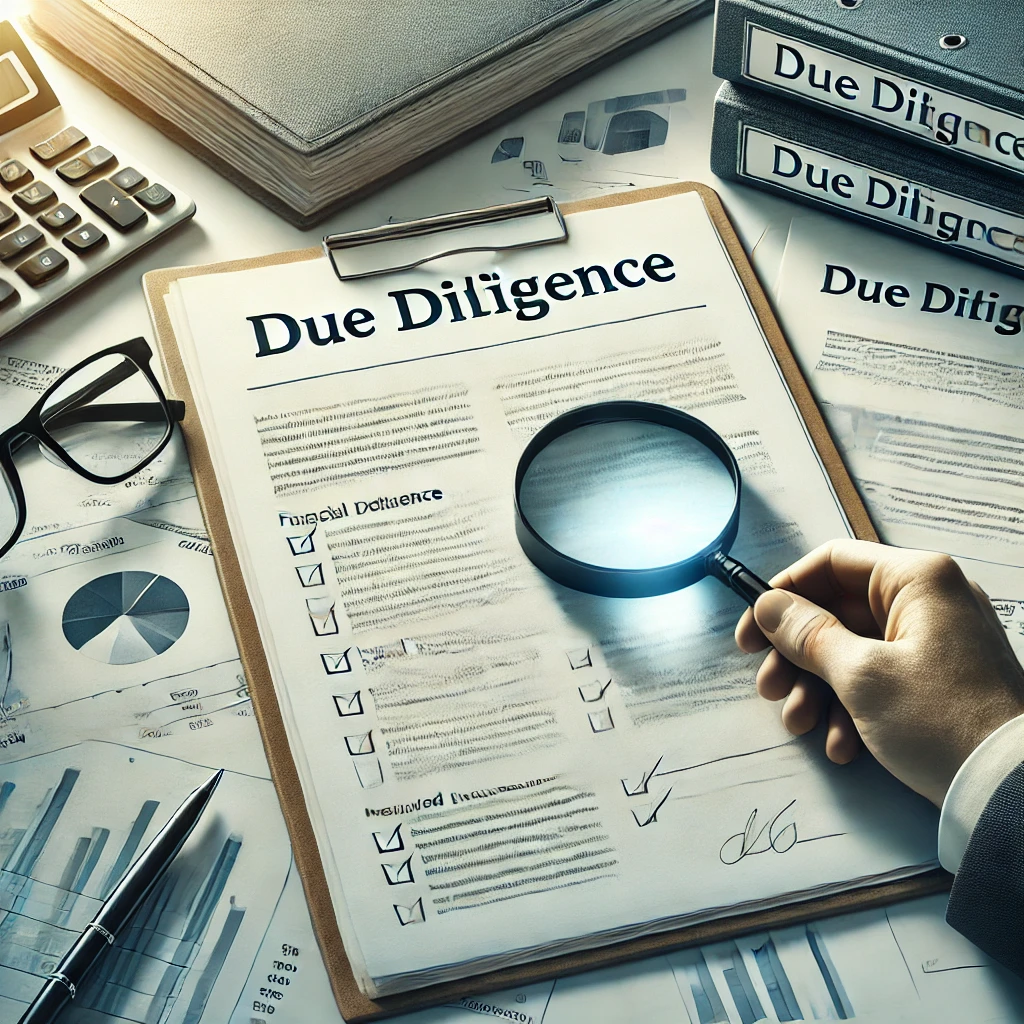The Goods and Services Tax (GST) is a transformative fiscal reform that India adopted on July 1, 2017. It replaced a multitude of cascading taxes levied by the central and state governments with a single, comprehensive tax, aiming to create a more seamless national market and stimulate economic growth.
What is GST?
GST is a value added tax levied on most goods and services sold for domestic consumption. Consumers pay the GST, but it is remitted to the government by the businesses selling the goods and services. Essentially, GST provides revenue for the government and reduces the overall tax burden on the domestic market.
Types of GST
India’s GST structure is divided into three categories to accommodate the federal structure of governance:
- Central GST (CGST) Levied by the Central Government on intrastate sales (e.g., transactions within Maharashtra).
- State GST (SGST) Imposed by the State Government on intrastate sales.
- Integrated GST (IGST) Levied by the Central Government for interstate sales (e.g., Maharashtra to Tamil Nadu).
Who’s Personally Liable for GST Registration?
Alright, let’s kick things off with who needs to register for GST. If you’re running a business and your turnover exceeds the threshold limit set by the government, then GST registration is a must. This threshold limit varies based on the type of goods or services you provide and your location:
Special Category States for GST Registration
- Arunachal Pradesh
- Assam
- Himachal Pradesh
- Manipur
- Meghalaya
- Mizoram
- Nagaland
- Sikkim
- Tripura
- Uttarakhand
- Jammu & Kashmir
In these states, the threshold limit for GST registration is lower compared to other states. Specifically:
- For Goods: ₹20 lakhs (instead of ₹40 lakhs).
- For Services: ₹10 lakhs (instead of ₹20 lakhs).
This lower threshold is designed to support businesses in these states and make it easier for them to comply with GST regulations.
Threshold Applicability:
The turnover threshold is computed on the aggregate turnover, which includes the value of all taxable supplies, exempt supplies, exports, and inter-state supplies.
Under the GST framework, the government has notified specific categories of taxable persons who are required to obtain GST registration regardless of their turnover. These include:
- Persons Making Inter-State Supplies: Any person who supplies goods or services across state borders must be registered under GST, regardless of their turnover.
- Casual Taxable Persons: Individuals or entities making occasional or temporary supplies of goods or services, such as at trade fairs, must obtain GST registration. (Circular No. 39/13/2018-GST)
- Non-Resident Taxable Persons: Foreign businesses or individuals who supply goods or services in India are required to register under GST. (Circular No. 52/26/2018-GST)
- E-commerce Operators and Aggregators: Entities that operate as e-commerce platforms or aggregators must obtain GST registration. ( E.g. Amazon India, Flipkart, Myntra, Snapdeal, Oyo Rooms, UrbanClap (now Urban Company), Zomato. (Notification No. 16/2017-Central Tax)
- Agents of Suppliers: Individuals or entities acting as agents for suppliers of goods or services must be registered under GST. (E.g.: Real estate agents, insurance agents, stockbrokers,)
- Taxable Persons Required to Pay Tax under Reverse Charge Mechanism: Businesses that are liable to pay tax under the reverse charge mechanism as specified in GST laws must obtain registration. (Notification No. 10/2017-Central Tax (Rate)) (E.g, Legal services providers (if provided by advocates or firms), goods transport agencies (GTA), importers of goods,)
- Persons Supplying Online Information and Database Access or Retrieval Services (OIDAR): Providers of online services, such as digital goods or services, must register under GST. (E.g. Netflix, Spotify)
- Government Departments or Local Authorities: Certain government departments or local authorities that engage in business activities are required to obtain GST registration. (E.g.: Municipal corporations, state transport departments, public sector undertakings, local development authorities, government-run educational institutions, government hospitals)
- Suppliers of Goods or Services to a Government Entity: Any person supplying goods or services to a government entity under a contract must obtain GST registration.
Exemptions from Obtaining GST Registration: scenarios where obtaining GST registration is not mandatory. The section specifies the following categories of persons who are exempt from GST registration
- Persons Exclusively Engaged in Supply of Exempt Goods or Services: Individuals or entities that exclusively supply goods or services that are fully exempt from GST are not required to obtain GST registration. For instance, certain essential goods and services, such as educational services or healthcare services, may be exempt from GST.
- Agriculturalists: Persons engaged in the supply of agricultural produce, excluding processed goods, do not need to obtain GST registration. This includes activities related to the cultivation and supply of raw agricultural products.
While agriculturalists are exempt from registration for raw produce, they may still be subject to GST registration requirements for other business activities if they engage in transactions involving processed goods or other taxable supplies.
- Sale of Goods Up to ₹40 Lakhs (₹20 Lakhs for Special Category States): If the aggregate turnover of a business engaged exclusively in the supply of goods is below ₹40 lakhs in non-special category states or ₹20 lakhs in special category states, then the business is not required to obtain GST registration.
GST Registration Procedure: Detailed Steps
The GST registration process involves several key steps, each with specific forms and expected timeframes. Here’s a comprehensive guide to the procedure:
- Documents Required:
- PAN Card: Permanent Account Number of the business entity.
- Proof of Business Address: Utility bills, rental agreements, or property documents.
- Identity Proof: Aadhaar card, passport, or voter ID of the proprietor or authorized signatory.
- Business Constitution Proof: Partnership deed, memorandum of association, or articles of association, depending on the business type.
- Bank Account Statement: A recent bank statement or passbook showing the business account details.
- Photographs: Passport-sized photographs of the proprietor or authorized signatory.
- Application for GST Registration
Form GST REG-01: Application for GST registration. This form is to be filled out online on the GST Portal (https://www.gst.gov.in).
- Steps:
- Login to GST Portal: Access the GST portal using credentials.
- Fill Out Form GST REG-01: Provide details including PAN, business name, address, and nature of business activities.
- Upload Documents: Attach all necessary documents as mentioned above.
- Application Acknowledgment
Form GST REG-02: Acknowledgment of the application.
- Steps:
- Receipt of ARN (Application Reference Number): After submission of Form GST REG-01, an ARN will be generated.
- rack Application Status: Use ARN to track the status of the application on the GST portal.
- Verification and Additional Information
- Steps:
- Verification by GST Officer: The application and documents are reviewed by a GST officer.
- Request for Additional Information: If any discrepancies or additional information is required, Form GST REG-03 will be issued.
- Submit Additional Information: Respond to the notice using Form GST REG-04, providing the requested details or corrections.
Timeframe: 7-10 days (Depending on the response time and completeness of the application)
- Grant of GST Registration
Form GST REG-06: GST registration certificate.
- Steps:
- Issuance of GSTIN: Upon successful verification and processing, a GST Identification Number (GSTIN) will be issued.
- Receive GST Registration Certificate: Form GST REG-06 will be issued, and the GST registration certificate will be made available for download.
Timeframe: 7-10 days (From the date of successful verification)
- Post-Registration Compliance
Tasks to be Performed:
- Update GST Details: Ensure that the GSTIN is updated on all business documents and invoices.
- Start Filing Returns: Begin filing GST returns as per the applicable due dates.
Summary
The entire GST registration process typically takes around 15-30 days, depending on the completeness of the application and the efficiency of the verification process. Prompt submission of accurate information and necessary documents can help expedite the registration process.










